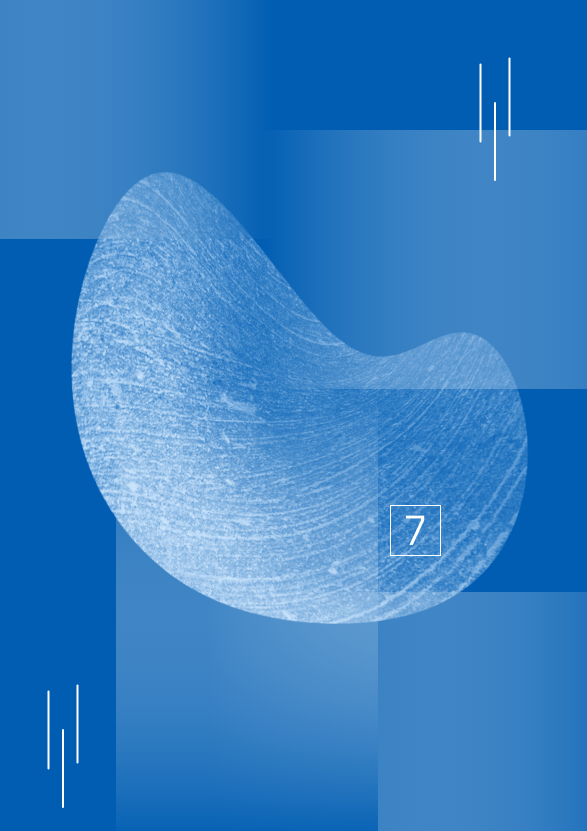

Right wing populism, Migration, Polarization – Newsletter #7
Dr. Kai Unzicker
Hello and welcome to issue No. 7 of Upgrade Democracy News!
Political sentiment in Germany is heated. According to polls, the right-wing populist to far right and partly anti-constitutional party, AfD, would receive around 20 percent of the votes. This makes the political landscape in the country nervous. This year, there still remain the state elections in Bavaria and Hesse, but everyone is especially anxious about those coming up next year. In 2024, voters in Saxony, Thuringia, and Brandenburg will head to the polls. While many are still contemplating what to do to protect democracy, the public debate is clearly already heading towards polarization.
Besides climate change and the war in Ukraine, the emotionally charged topic of migration is once again at the forefront. Specifically, the current debate revolves around what young men and adolescents with a migration background do in public swimming pools on hot days. Violence at swimming pools has become the hot topic of summer 2023. And when the mood reaches a boiling point, to the extent that even a refreshing dip in the cool water can’t calm things down, disinformation quickly spreads, fuelling into the agitation. In this case, for example, a video of teenagers attacking and kicking a man in a park emerged on social media. But did that serve as evidence of increasing violence among young migrants in Germany? No, because fact-checkers quickly verified that the video did not originate from Germany but actually showed footage from Russia. By now, the identities of the assailants are known, and they have been arrested. However, what we don’t know is how many people in Germany have seen the video and thereby received the impression that violence is spiralling out of control. At least for North Rhine-Westphalia, it can be said that the number of crimes in public swimming pools has not increased but rather decreased from 2019 to 2022.
Migration is a topic where polarizing and scandalous disinformation is particularly common. And not only in Germany. In Tunisia, there have been violent clashes between locals and migrants for some time. These conflicts are further fuelled by debates on social networks, where claims , among other things, are made about migrants being intentionally used to change Tunisia’s demographic composition and enable certain politicians to financially benefit from this. Surprisingly, it was Tunisia’s President Kais Saied himself, who spread this story, as reported by Tagesschau. Last year, Tunisia introduced and adopted a law to combat the spread of false information. You will find an interview linked below, where Nompilo Simanje shares insight on this type of legislation and how governments can use it with intent to fight political opponents and silence topics inconvenient to them and their narrative rather than countering disinformation effectively.
On our website, you can read more exciting new articles. For instance, Julia has written a comprehensive piece on what disinformation is and why it is dangerous. Additionally, our next impulse paper is now online, focusing on climate and gendered disinformation. There’s also a new article about some findings and insight on the fight against disinformation during the 2022 elections in Kenya. All of this and other reading recommendations are linked below.
Best regards,
Kai
Between Freedom of Speech and Combating Disinformation
Interview with Nompilo Simanje
Virginia Kirst spoke with Nompilo Simanje from the International Press Institute about striking the right balance between combating disinformation and authoritarian restrictions on freedom of speech.
Threats to democracy: Climate misinformation and gendered disinformation
Impulse
Together with Matthias Kettemann, Katharina Mosene and Vincent Hofmann from the HIIG, my colleagues Charlotte and Cathleen have presented the next impulse paper.
Disinformation – What they mean and why we are addressing them
Blog Post [GER]
Julia has written a comprehensive blog article about what disinformation is, how it differs from misinformation and malinformation, and why Upgrade Democracy is engaging with this topic.
Reading recommendation: Misinformation Susceptibility Test
Sophie Culpepper has summarized the results of a recent study for Nieman Lab, which examines the susceptibility of people in the USA to believe misinformation. If you want to test your own abilities in distinguishing true from false news, you can try the Misinformation Susceptibility Test (MIS-Test) yourself. The link is provided in the article, and it only takes a few minutes.
https://www.niemanlab.org/2023/07/how-a-new-two-minute-quiz-measures-misinformation-susceptibility/




